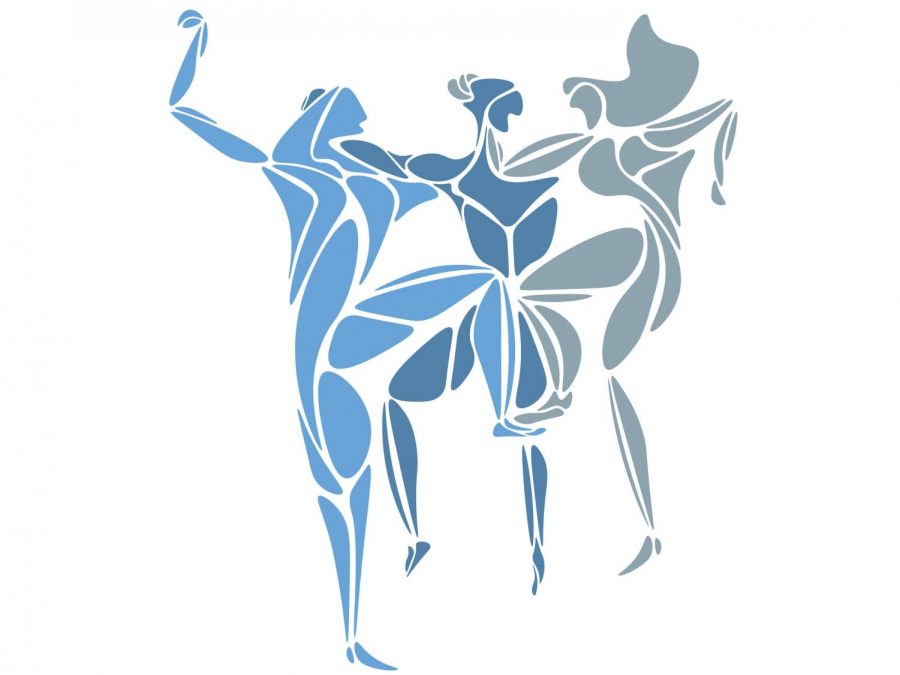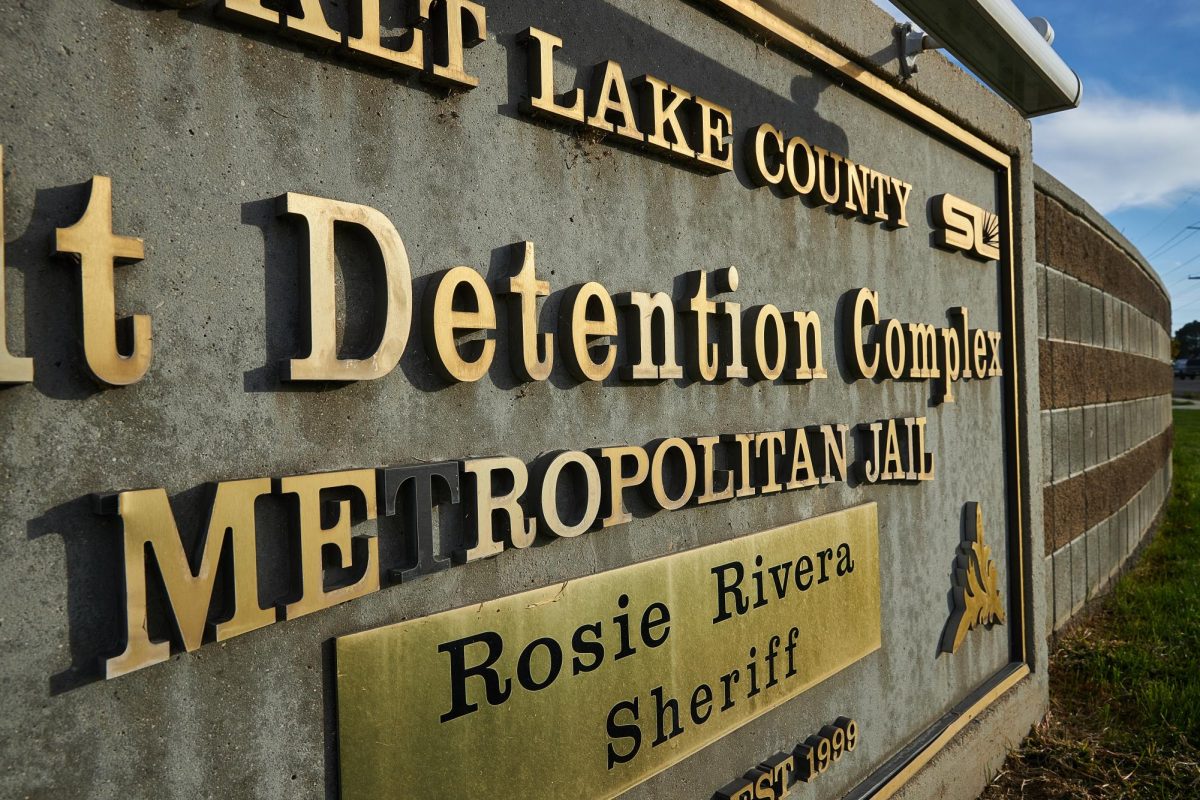Starr: ‘Love is Love’ Should Include Legalized Polygamy
November 20, 2019
I had just graduated from high school when the United States Supreme Court affirmed that same-sex couples could have the right to marry and celebrate their love for one another with the law behind them. It was a happy day, as many of those close to me felt a little freer to be who they were and participate in a union held dear to them. Love won that day for countless people, but today there remains a segment of society pushed into invisibility and sometimes into harm’s way because of their inability to be legally married. Polygamy is still illegal in 2019, but consenting adults who would like to marry more than one person would benefit from a change in the law and people’s minds, just as many benefited from that Supreme Court decision in 2015.
We selectively apply the sentiment that “love is love” even as thousands of people in the United States live without the legal recognition of their marriages. These people instead commonly exist as outsiders in the land of the free, short of their constitutional rights and autonomy. We are well into the 21st century, yet federal and state governments are still dictating who consenting people can and can’t enter into marital agreements with?
The prohibition of polygamy is not only more dangerous to women and children because it pushes entire communities underground, but it is also inconsistent with the efforts of the United States to pursue tolerance and equal protection under the law. Despite the renouncement of the practice as a condition to its statehood, Utah remains home to many polygamists. As such, it should legalize polygamy, or, at a minimum, reduce the current penalties.
We have given the legal thumbs-up for same-sex couples to wed, and the logic that affirmed that decision should extend to marriages of more than two individuals. Chief Justice John Roberts’ dissenting opinion from that 2015 case highlights an important thought for opponents to the legalization of polygamy to consider. Roberts wrote, “If there is dignity in the bond between two men or two women who seek to marry… why would there be any less dignity in the bond between three people who, in exercising their autonomy, seek to make the profound choice to marry?”
The argument for limiting the number of folks who can be married at one instance is weak and reminiscent of the claims that were once used by opponents of same-sex marriage. If consenting adults deserve autonomy and dignity, then polygamy should be legalized. Social liberals who recognize the rights of the LGBTQ+ community need to recognize that some people also find value and love in unions with more than one person.
Beyond the constitutional grounds of due process and equal protection, polygamy must be legalized if safety for women and children is at all an objective. Ignoring folks in isolated communities in Western states and the foothills of Mexico because of the illegality of polygamy is dangerous for people and counteractive to efforts to empower women.
Criminalizing the practice only prevents people from reporting abuses experienced and witnessed. Life in the shadows discourages many from seeking the assistance and the resources that should be obligatory for injury and mistreatment. Legalization won’t stop abuse altogether, but it will allow for a better shot at education, prevention and anti-violence public policy. The more polygamist families are incorporated into mainstream society, the safer it will be for everyone involved. This begins with tolerance, not forcing people to seclude themselves from law enforcement, healthcare and the public education system.
The argument for criminalizing polygamy for the potential for abuse ignores the danger faced by women and children in legal partnerships. The United States does not ban marriages between people even though intimate partner violence is still a major problem that impacts millions of people annually. The solution to reducing IPV has not been to eliminate partnerships, and efforts to lessen violence are complicated when victims are too afraid to report. Those in polygamous families are already excluded from society, which means they are far less likely to report abuse and get help. We can only attempt to fix what we can see and the dismantling of abuse, no matter the number of spouses involved, could be better achieved through visibility.
It is a good thing that inconsistent personal beliefs about what is standard and traditional no longer determine the legality of both interracial and same-sex marriage in the United States. Yet, marriages consisting of more than two people remain illegal and widely viewed as morally wrong, according to recent data. It’s unfortunate, harmful and contradictory to the personal liberty and equal protection touted by Americans. These communities are forced to live in isolation and avoid going to the government for help at the risk of facing legal consequences for their families. This is especially troubling to the wellbeing of those who cannot as easily report and remove themselves from abuse. It is long overdue for polygamy’s legalization and the acceptance of these people who may have a different concept of marriage than you or me.









Hammad Malik • Aug 5, 2021 at 11:28 am
I am Muslim. Not only is a ban on polygamy socially wrong, “love is love” right, it is a violation of the 1st amendment. Government is regulating my practice of my religion. If all parties knowingly and willingly enter into the marriage, the government has no constitutional authority to stick their nose in it. No matter what anyone claims, the ban has its roots in the interpretation of the Bible held by individuals early in the development of American jurisprudence,
Kimberly • Jan 17, 2021 at 9:10 am
Polygamy should be legalized. While decriminalizing it would work for most, it is not all. If it were legal be just decriminalized it would be acceptable and while everyone has their own concepts and beliefs of what marriage is or can be, why should on persons belief be legal or not legal based on some one else’s beliefs. If all entering are in acceptance and sign their documentation as a show of their acceptance, why should it not be honored as legal?
Chris Nystrom • Nov 21, 2019 at 4:04 pm
Good editorial. Legalization is not needed. Most polygamists do not think government should have a role in marriage. Most polygamists would be very happy with simple decriminalization to end the persecution.